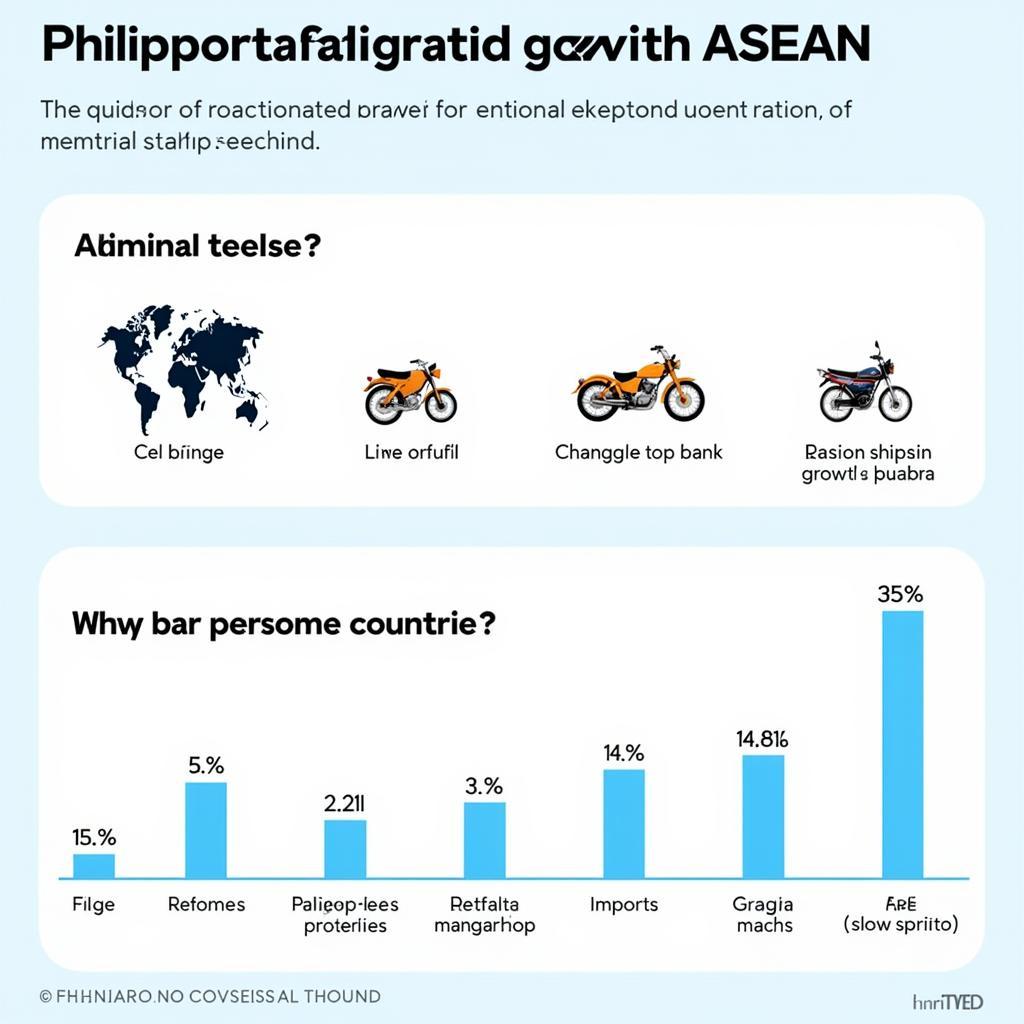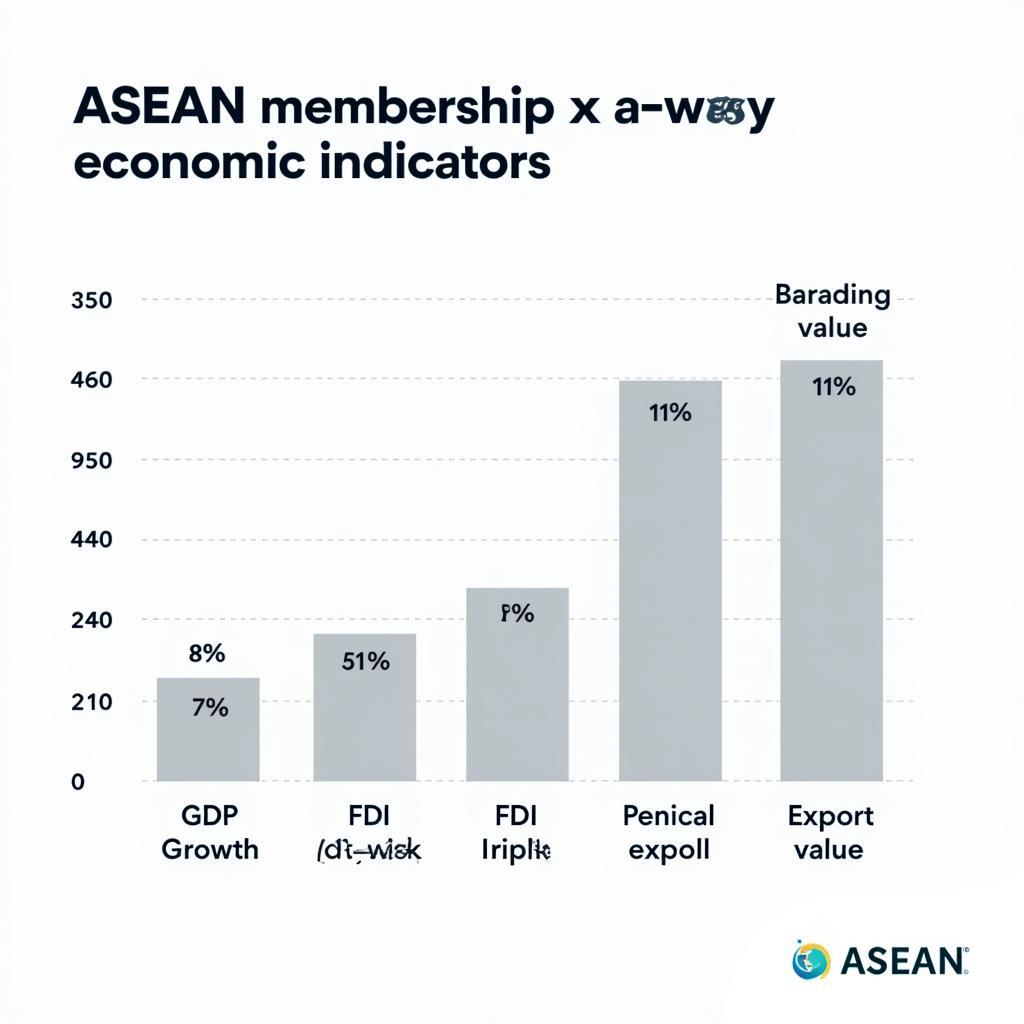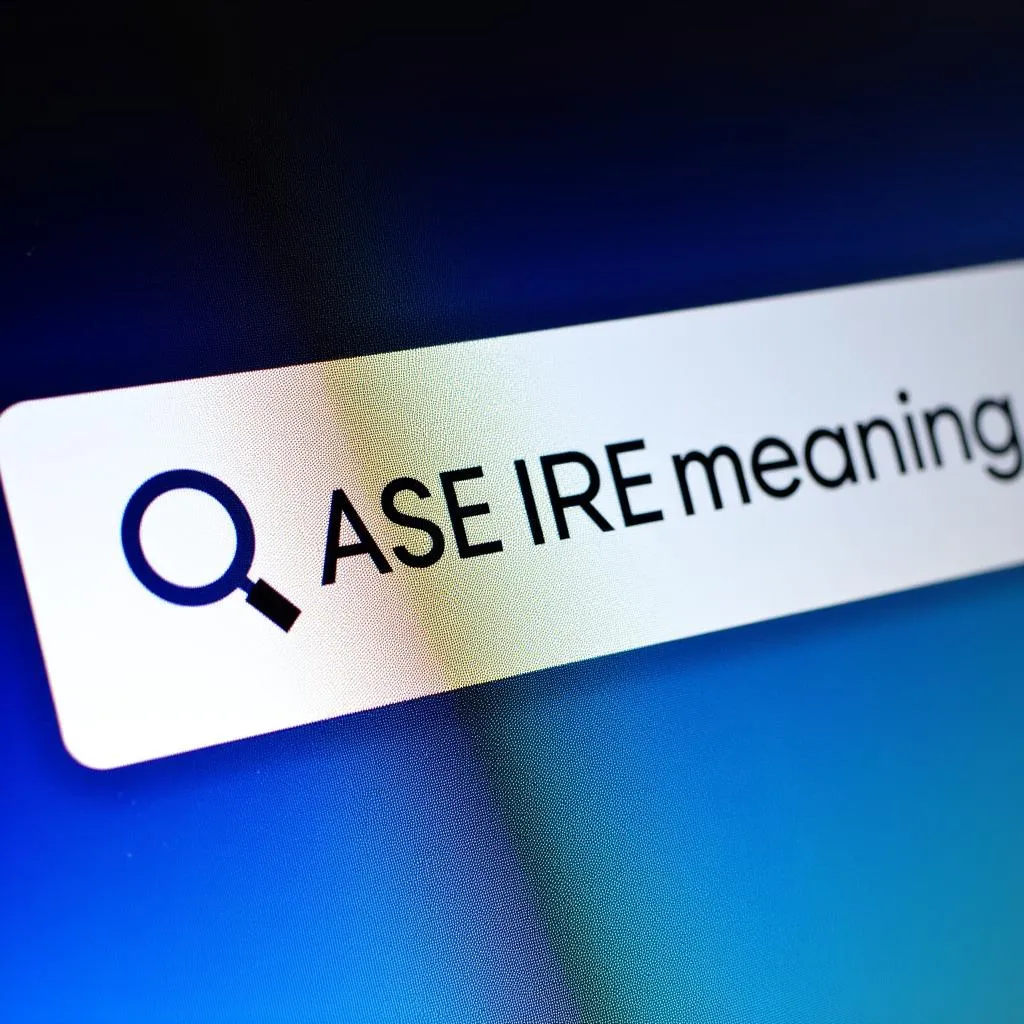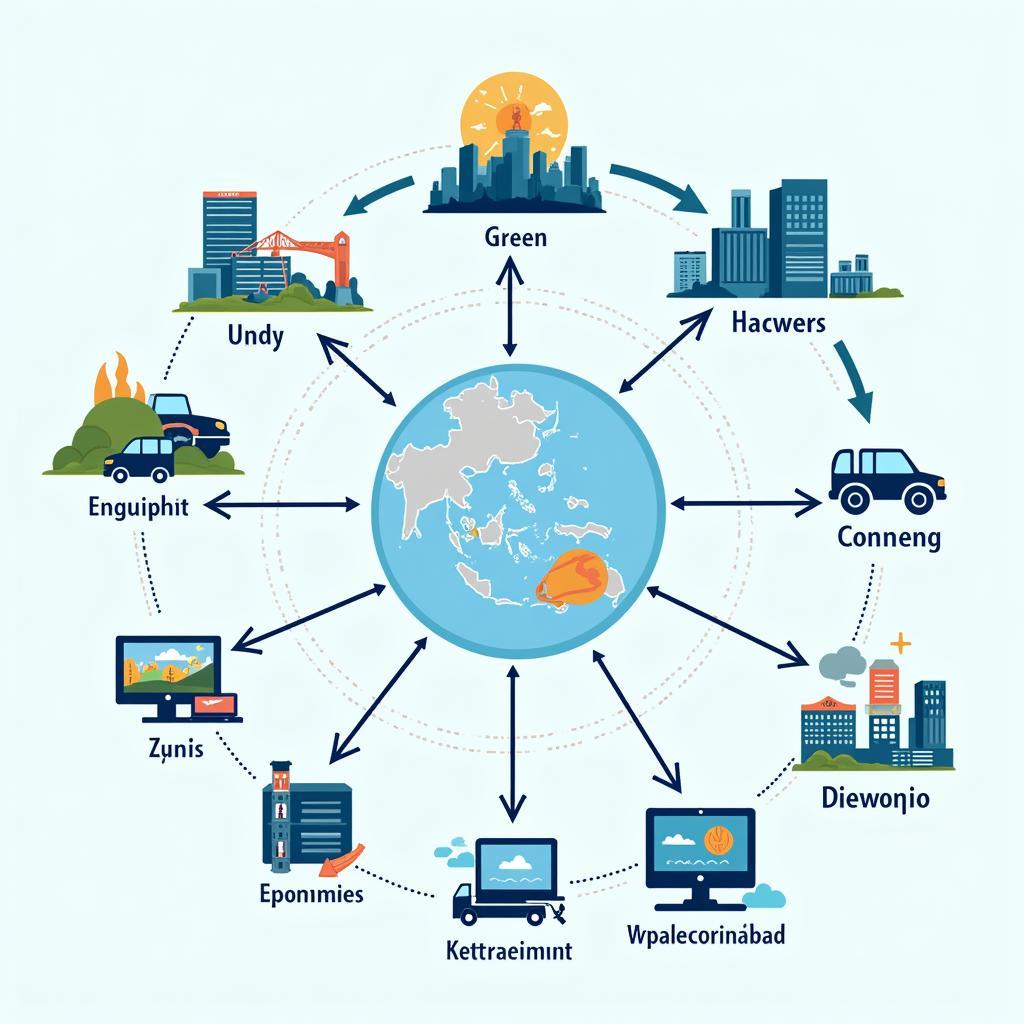The Philippines, a vibrant archipelago in Southeast Asia, has always held a strategic position in the global landscape. As a founding member of the Association of Southeast Asian Nations (ASEAN), the country has significantly benefited from its participation in this regional bloc. This article delves into the multifaceted importance of ASEAN to the Philippine economy, exploring its impact on trade, investment, tourism, and overall economic growth.
A Strong Regional Bloc: ASEAN’s Influence on the Philippine Economy
ASEAN, established in 1967, has fostered economic cooperation, political stability, and socio-cultural exchange among its member states. For the Philippines, ASEAN has become a cornerstone of its foreign policy and a catalyst for economic development.
Expanding Trade Horizons: One of the most significant advantages of ASEAN membership is the creation of a free trade area, AFTA, which has dramatically lowered tariffs and non-tariff barriers among member nations. This has led to a surge in bilateral trade between the Philippines and its ASEAN neighbors.
Attracting Foreign Direct Investment: ASEAN’s collective economic strength and its commitment to regional integration have made it an attractive destination for foreign direct investment (FDI). The Philippines, with its young and skilled workforce and strategic location, has been a key beneficiary of these investments.
Boosting the Tourism Industry: The Philippines, with its stunning natural beauty and rich cultural heritage, has witnessed substantial growth in its tourism industry, thanks in part to ASEAN. The bloc’s initiatives to promote intra-ASEAN travel have made it easier and more affordable for citizens of member countries to visit the Philippines.
 Philippine Trade Data
Philippine Trade Data
ASEAN Economic Community (AEC): Deepening Integration for Shared Prosperity
The establishment of the ASEAN Economic Community (AEC) in 2015 marked a significant milestone in regional integration. The AEC aims to create a single market and production base, facilitating the free flow of goods, services, investments, and skilled labor within ASEAN.
Increased Market Access: For Philippine businesses, the AEC presents a vast and rapidly growing market of over 600 million consumers. The reduction of trade barriers and harmonization of regulations have made it easier for Filipino companies to export their products and services to other ASEAN countries.
Enhanced Competitiveness: The AEC encourages healthy competition among member states, pushing Philippine businesses to innovate, improve efficiency, and enhance the quality of their products and services to remain competitive in the regional market.
Job Creation and Economic Growth: The increased trade and investment facilitated by the AEC have contributed to job creation and overall economic growth in the Philippines. New industries have emerged, existing sectors have expanded, and the demand for skilled labor has increased.
 ASEAN Economic Impact on the Philippines
ASEAN Economic Impact on the Philippines
Navigating Challenges, Seizing Opportunities
While ASEAN membership offers numerous benefits, the Philippines also faces challenges in maximizing its participation in the regional bloc.
Infrastructure Development: The Philippines needs to address infrastructure gaps in areas such as transportation, logistics, and energy to fully leverage the benefits of regional integration and facilitate the seamless flow of goods and services.
Skills Development: Investing in education and skills development is crucial to equip the Filipino workforce with the knowledge and expertise needed to thrive in a competitive regional job market.
MSMEs Development: Micro, small, and medium enterprises (MSMEs) form the backbone of the Philippine economy. Providing them with the necessary support to access new markets, adopt new technologies, and enhance their competitiveness is essential.
“The future of the Philippine economy is inextricably linked to ASEAN,” says Dr. Maria Reyes, a leading economist specializing in Southeast Asian economic integration. “By proactively addressing challenges and capitalizing on emerging opportunities, the Philippines can further harness the transformative potential of ASEAN membership to achieve inclusive and sustainable economic growth.”
 The Philippines and ASEAN's Future
The Philippines and ASEAN's Future
Conclusion: A Shared Future of Growth and Prosperity
The importance of ASEAN to the Philippine economy cannot be overstated. From fostering trade and investment to promoting tourism and cultural exchange, ASEAN has played a pivotal role in the country’s economic development. As the Philippines continues to deepen its integration with ASEAN, it is well-positioned to harness the full potential of this dynamic regional bloc and secure a brighter future for its people.
Frequently Asked Questions (FAQs)
- What are the main exports of the Philippines to ASEAN countries?
- How has ASEAN membership impacted the Philippine tourism industry?
- What are the key challenges faced by the Philippines in maximizing its ASEAN membership?
- How does the AEC benefit Filipino businesses?
- What is the future outlook for the Philippine economy within ASEAN?
Need Help? Contact Us!
For further assistance or information, please do not hesitate to contact us.
- Phone: 0369020373
- Email: [email protected]
- Address: Thôn Ngọc Liễn, Hiệp Hòa, Bắc Giang, Việt Nam
Our dedicated customer support team is available 24/7 to assist you.


